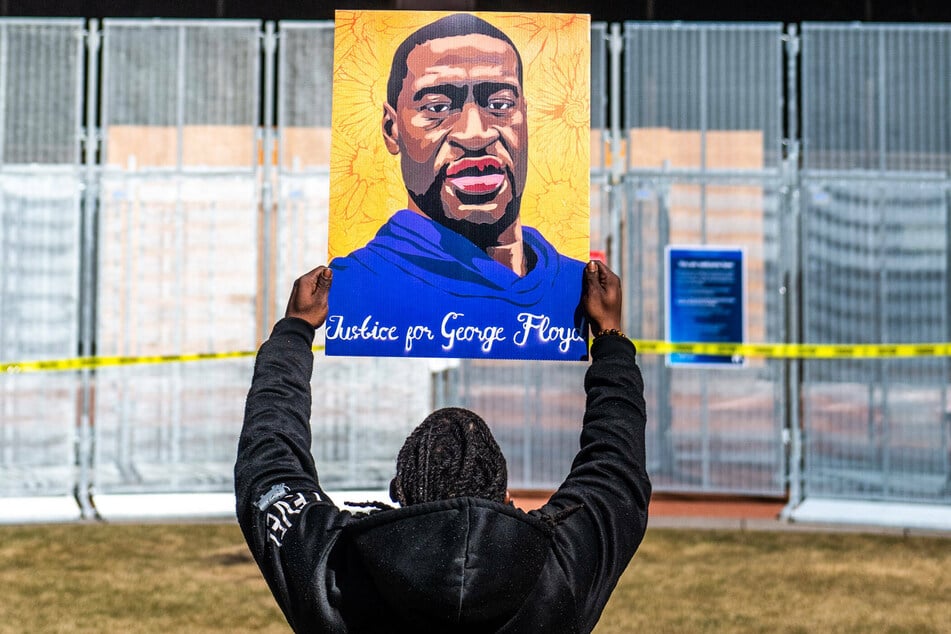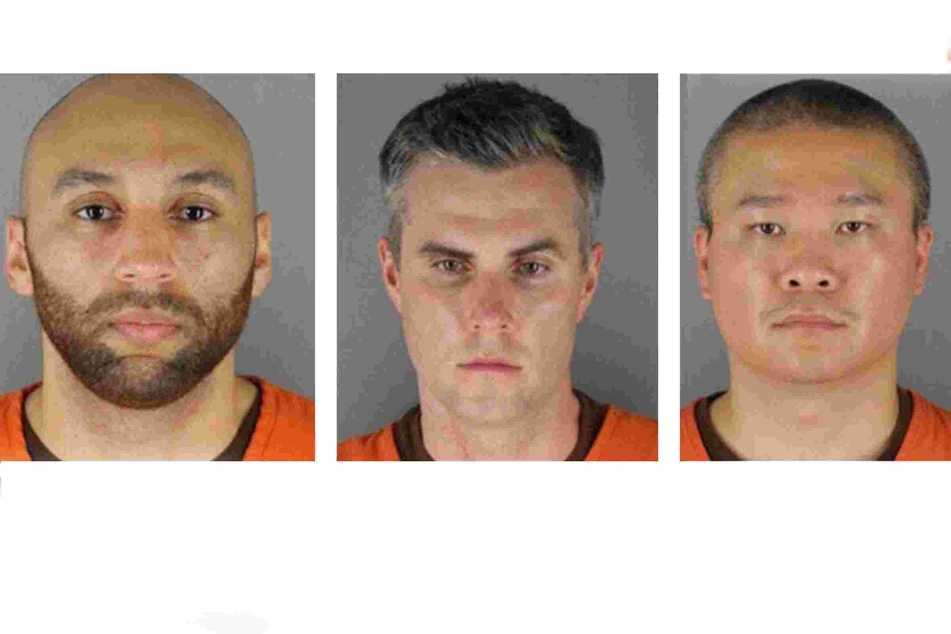Judge seeks longer sentence for ex-cop Derek Chauvin in George Floyd murder
Minneapolis, Minnesota - The judge presiding over the murder trial of former police officer Derek Chauvin wants the sentence to reflect the particularly cruel nature of George Floyd's killing.

Chauvin faces a longer than anticipated prison sentence for the murder of George Floyd last year. In a letter, Judge Peter Cahill granted a request by the prosecution, which demanded a longer prison sentence because of the particular seriousness of the crime.
Chauvin abused his position of power as a police officer in the crime, failed to administer first aid, and treated Floyd with "particular cruelty" in the presence of children, Cahill explained.
Because Chauvin had no prior criminal record, he would have normally faced anywhere from 10-15 years in prison, but now he could now be handed up to 40 years.
"The slow death of George Floyd occurring over approximately six minutes of his positional asphyxia was particularly cruel in that Mr. Floyd was begging for his life and obviously terrified by the knowledge that he was likely to die but during which the defendant objectively remained indifferent to Mr. Floyd's pleas," the judge wrote.
Kneeling on a suspect's neck also violated Minneapolis police regulations, he said.
Chauvin had refused requests from passersby and a fellow officer to help Floyd after he fell unconscious. Chauvin's crime was also witnessed by four children, three 17-year-olds and a 9-year-old, the judge further explained.
The jury found Chauvin guilty of all charges, including second-degree murder, in late April.
Ex-police officer Chauvin pleaded not guilty

The sentence is scheduled to be announced on June 25. Observers had expected new protests in the now unlikely event of a relatively short prison sentence for Chauvin.
Floyd's death on May 25, 2020 in Minneapolis sparked demonstrations across the US against racism and police violence.
Videos document how police officers pinned the unarmed man to the ground, with Chauvin kneeling on Floyd's neck for a good nine minutes as Floyd pleaded more than 20 times for air. Floyd lost consciousness and died, according to the autopsy. Officers had arrested him on suspicion of paying with a fake $20 bill.
Chauvin had pleaded not guilty in court, and his defense attorney had argued that the use of force was justified because Floyd had resisted arrest, and that Floyd's death was not primarily due to force, but primarily to existing heart problems and drugs in his system.
Experts provided by the prosecution rejected this argument.
Other ex-cops involved will go on trial in 2022

In addition to the most serious charge, second-degree murder without premeditation, jurors also found Chauvin guilty of third-degree murder and second-degree manslaughter, but according to Minnesota state law, experts say the sentence will depend only on the most serious charge.
Separate from the Minnesota trial, Chauvin has also been indicted in federal court, with the US Department of Justice announcing last week that the defendant is accused of intentionally depriving Floyd of his constitutional rights.
In addition to Chauvin, three other ex-police officers involved in the operation against Floyd have been charged and will stand trial in Minneapolis starting next March.
They are charged with aiding and abetting and could also face multi-year prison sentences.
Cover photo: Collage: Imago/ZUMA Wire

